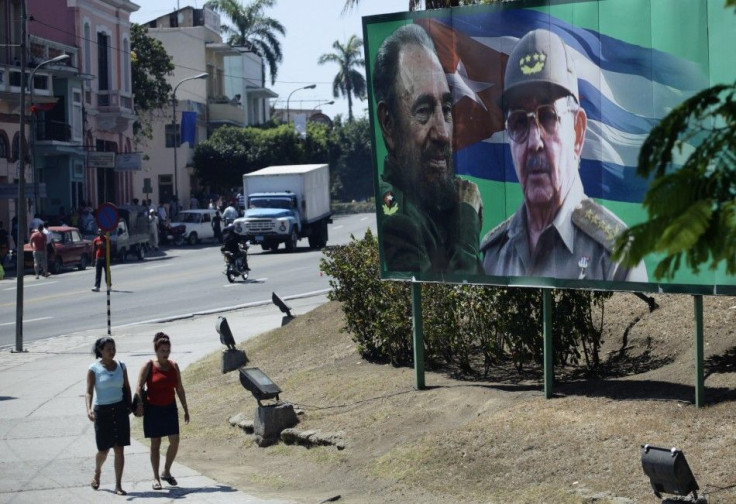Cubans Free To Travel Without Permits After 5 Decades

The Cuban government announced its first major immigration reform in half a century Tuesday, saying it would scrap its much maligned travel permits for outbound travel.
Cuba has imposed stringent travel restrictions on its citizens since 1961, two years after its revolution, though it’s failed to prevent thousands of its citizens from fleeing to the United States and elsewhere in what are often dangerous sea voyages.
The complicated bureaucratic process of getting visas and permits on the communist-run island carries fees that run as high as $500, a price that makes travel abroad difficult for many Cubans whose average monthly income is about $460. Moreover, citizens have no guarantee at the end of the process that the government will grant permission to leave.
Beginning on Jan. 14, however, Cubans will no longer need an exit visa permitting departure from Cuba or an invitation from a resident in their destination country in order to travel, and they can stay abroad for up to 24 months without losing their citizenship, according to a statement published in the state-run Granma newspaper. All they will need is a passport and a visa (if necessary) for the country they are travelling to.
Many Cubans have lost residency and other rights including free health care after staying abroad for over 11 months. Washington, meanwhile, has granted Cubans automatic residency if they could reach U.S. shores since 1966 under the “wet foot, dry foot” policy.
While the new changes will benefit a vast majority of Cubans, Granma reports that the government plans to restrict some travel “to defend itself from the interventionist and subversive plans of the U.S. government and its allies.”
"For this reason, measures will be maintained which are aimed at preserving the human capital created by the revolution from the plunder of talent by the more powerful (countries)," it said, hinting that some doctors, scientists and other professions may find it tough to leave.
The move is the latest in a series of reforms that President Raul Castro has enacted on the Caribbean island aimed at modernizing the economy while preserving one-party rule. Castro -- who assumed power in 2006 after his brother Fidel stepped down after nearly five decades ruling the Republic -- has slashed state payrolls amid a decline in nickel prices and a slowdown in tourism, the nation’s largest sources of foreign currency. He has also allowed Cuba's 11.25 million citizens to buy and sell property for the first time in a half-century.
© Copyright IBTimes 2024. All rights reserved.






















